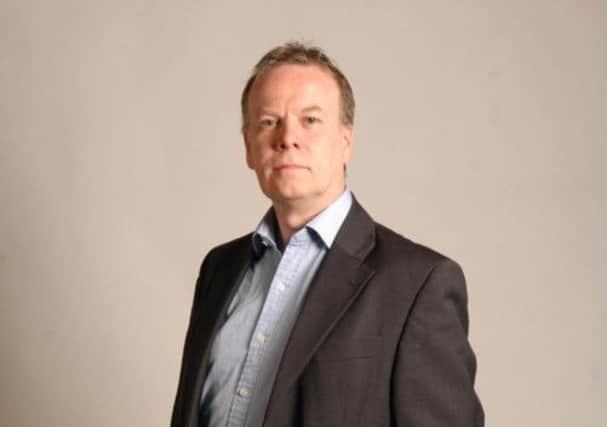Comment: McEwan needs to be a fighter and a diplomat


The New Zealand-born career banker, currently heading up the bank’s retail division, has been tipped for some weeks as Stephen Hester’s successor as chief executive and chairman Sir Philip Hampton has been under pressure to make an appointment.
McEwan has emerged as favourite because of his retail or high street banking background. It shows where the government’s priorities are positioned and how ministers want RBS to re-emerge as a simple lending bank.
Advertisement
Hide AdAdvertisement
Hide AdThe new man will have to hit the ground running as he has been with the company for less than a year, having been headhunted last September.
In an interview with me in April he set out his plans to rebuild the bank’s relationship with its customer and adopt new ways of doing business. It may mean some of the branches closing, but new “points of presence” emerging in locations away from the high street, such as railway stations.
His biggest test, though, will be beyond the day-to-day issues of banking. The job is no longer just about balance sheets and customer relationships, but how he handles the political establishment. He is said to be confident and outspoken, but he will also need the delicate skills of a diplomat and the toughness needed to deal with public criticism.
Lloyds revival puts share sale on agenda
Lloyds Banking Group boss Antonio Horta-Osorio says it is in a good enough shape for the UK government to begin selling its 39 per cent shareholding.
His enthusiasm may in part be explained by the fact that he cannot pocket his annual bonus unless at least a third of the state’s holding is sold at above 61.2p or the bank’s share price rises above 73.6p by 2018. The conditions were imposed on the bank by the government in order to link rewards with performance.
Joking apart, the Portuguese boss of the bailed-out bank is also talking about a return to the dividend list in another indication that it is out of intensive care and on the mend.
It is an overdue reward and a result of the bank’s return to half-year profitability, a cleaned up balance sheet and improved prospects. The Treasury is expected to announce that a tranche of shares will be sold, probably through a placing to institutions which help inject some confidence in the stock.
All eyes on Carney for forward guidance
A change to interest rates or an increase in quantitative easing had been discounted for some weeks before yesterday’s meeting of the Bank of England’s monetary policy committee and certainly since evidence of a recovery in the economy began to emerge.
Advertisement
Hide AdAdvertisement
Hide AdAnalysts and commentators have been focused instead on next week’s quarterly inflation report which will provide an update on the sustainability of the recovery.
Of particular interest this time, however, will be the “forward guidance” on future rate policy and any further credit-easing measures.
The new governor, Mark Carney, has indicated that he wants a more flexible approach and analysts are awaiting his first public comments since taking from Mervyn King last month.